When you’re in pain, the last thing you want to do is wait. Whether you’re experiencing a toothache or have suffered an injury, our emergency dentist Coral Springs team at South Florida Dental Center is here to provide the care you need with the least possible waiting time.
Are you suffering from:
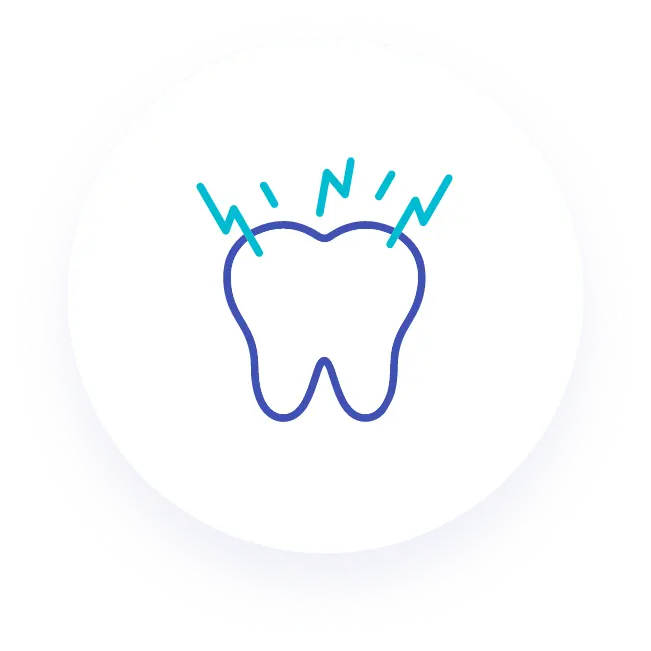
Severe Toothache Or Bleeding
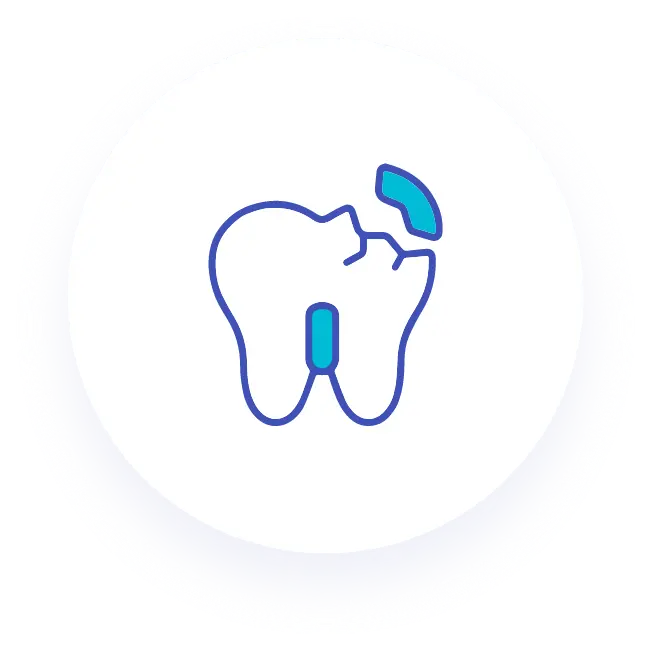
Broken Tooth Or Jaw
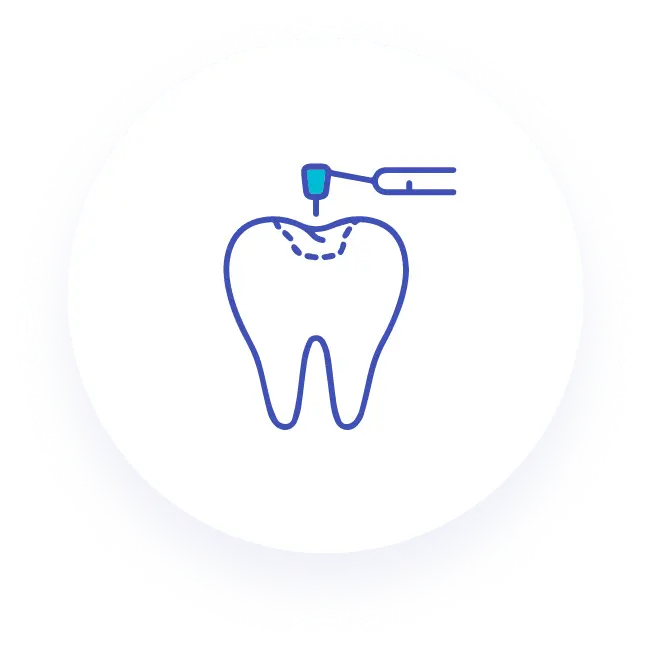
Lost Dental Filling Or Crown
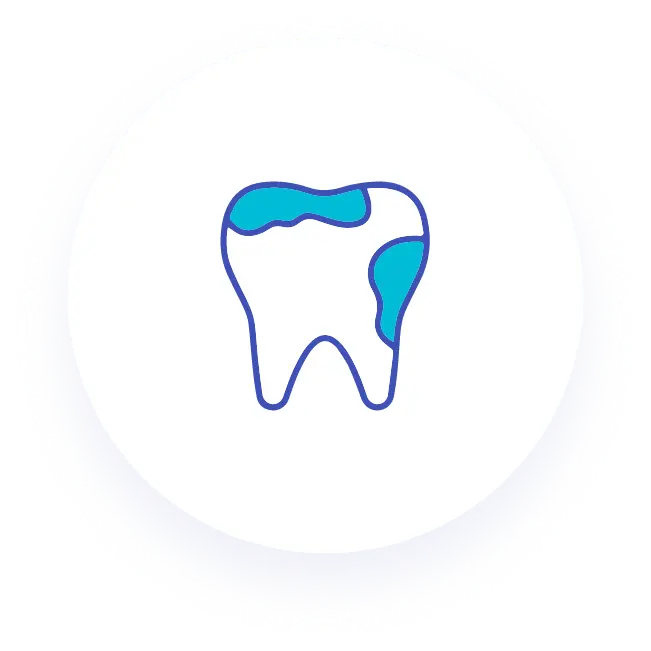
Object Stuck In Teeth
We’ve got you! At South Florida Dental Center, we offer emergency dental extractions 7 days a week. We also offer same-day appointments for emergencies, so you won’t have to wait long to get the treatment you need.
We understand that dental emergencies can be scary, and we’ll do everything we can to make you feel comfortable and safe. You don’t have to wait long to get the relief that you need—give us a call, and our doors will be open as soon as you arrive.
Located at 7522 Wiles Rd., Suite #104, in Coral Springs, South Florida Dental Center proudly serves the following areas:
If you are located in any of these areas or are looking for Parkland emergency dental clinic, Parkland dental emergency, emergency dentist Boca Raton, emergency dentist Margate, don’t hesitate to reach out for an immediate appointment. We’re here to help!
At South Florida Dental Center, we do not want our patients to wait in pain. Our emergency dentist Coral Springs offers offer SAME DAY treatment for all dental emergencies.
A dental emergency is any type of dental problem that requires immediate attention. This can include severe toothaches, bleeding, broken jaws, objects stuck in teeth, lost dental crowns or fillings, and more.
Emergencies such as these may have resulted from an accident or injury, so it’s important to seek professional dental care as soon as possible. When any of these happen, never rely on self-medication. This will only worsen the condition and may even cause more damage.
Losing or damaging restorative dental devices is also a valid reason to seek an emergency dental appointment. Should you have lost, chipped, or cracked your dental crown, for instance, emergency dental attention is needed.
If you encounter any of those mentioned above, the first thing you should do is stay calm. This will help you think more clearly and enable you to take some first-aid actions below:
After taking care of your immediate concern, the next thing you should do is call your emergency dentist. Our emergency dental care team will be more than happy to accommodate you. We understand how emergency dental problems can be alarming and inconvenient, so we’ll do everything we can to make sure you’re comfortable and get the treatment you need as soon as possible.
At South Florida Dental Center, we offer emergency dental extractions and cater to same-day appointments for emergency cases. We understand how dental emergencies can be frightening, and we’ll do everything we can to make sure you’re comfortable and get the treatment you need ASAP.
A tooth may need to be extracted for several reasons, including:
Tooth extraction is performed by a dentist or oral surgeon and is a relatively quick outpatient procedure with either local, general, intravenous, or combination anesthesia. Removing visible teeth is a simple extraction. Teeth that are broken, below the surface, or impacted require a more involved procedure.
While many teens and some adults get their wisdom teeth removed, there are other reasons why tooth extraction may be necessary in adulthood. Excessive tooth decay, tooth infection, and crowding can all require a tooth extraction.
These infections can come on quickly and require emergency dentistry. Those who get braces may need one or two teeth removed to make room for their other teeth as they shift into place. Additionally, those who are undergoing chemotherapy or are about to have an organ transplant may need compromised teeth removed to keep their mouth healthy.
Tooth extraction is performed by a dentist or oral surgeon and is a relatively quick outpatient procedure with either local, general, intravenous, or combination anesthesia. Removing visible teeth is a simple extraction. Teeth that are broken, below the surface, or impacted require a more involved procedure.

Before scheduling the procedure, your dentist will take an X-ray of your tooth. Be sure to tell your dentist about any medications you take, as well as vitamins, supplements, and over-the-counter drugs.
Tell your dentist if you will soon be treated for another medical condition with an intravenous drug called bisphosphonate. If so, the extraction should be done before the drug treatment, or your jaw could be at risk for osteonecrosis (bone death).
Also, tell your dentist about any of the following conditions:
Your dentist may want to make sure all conditions are stable or treated before you undergo the tooth extraction. You might be prescribed antibiotics in the days leading up to the procedure if:
It’s helpful to keep the following in mind for the day of the tooth extraction to ensure quality treatment:
There are two types of emergency dental extractions:
When it’s a simple tooth extraction, our certified anesthetist will administer a local anesthetic to the affected area. This numbs the area around your tooth, so you’ll feel only pressure, not pain, during the procedure.
The dentist then uses an instrument called an elevator to loosen the tooth and forceps to remove it. When you undergo a simple extraction of the tooth from which you are experiencing severe pain, you can be assured that the pain will be gone as well.
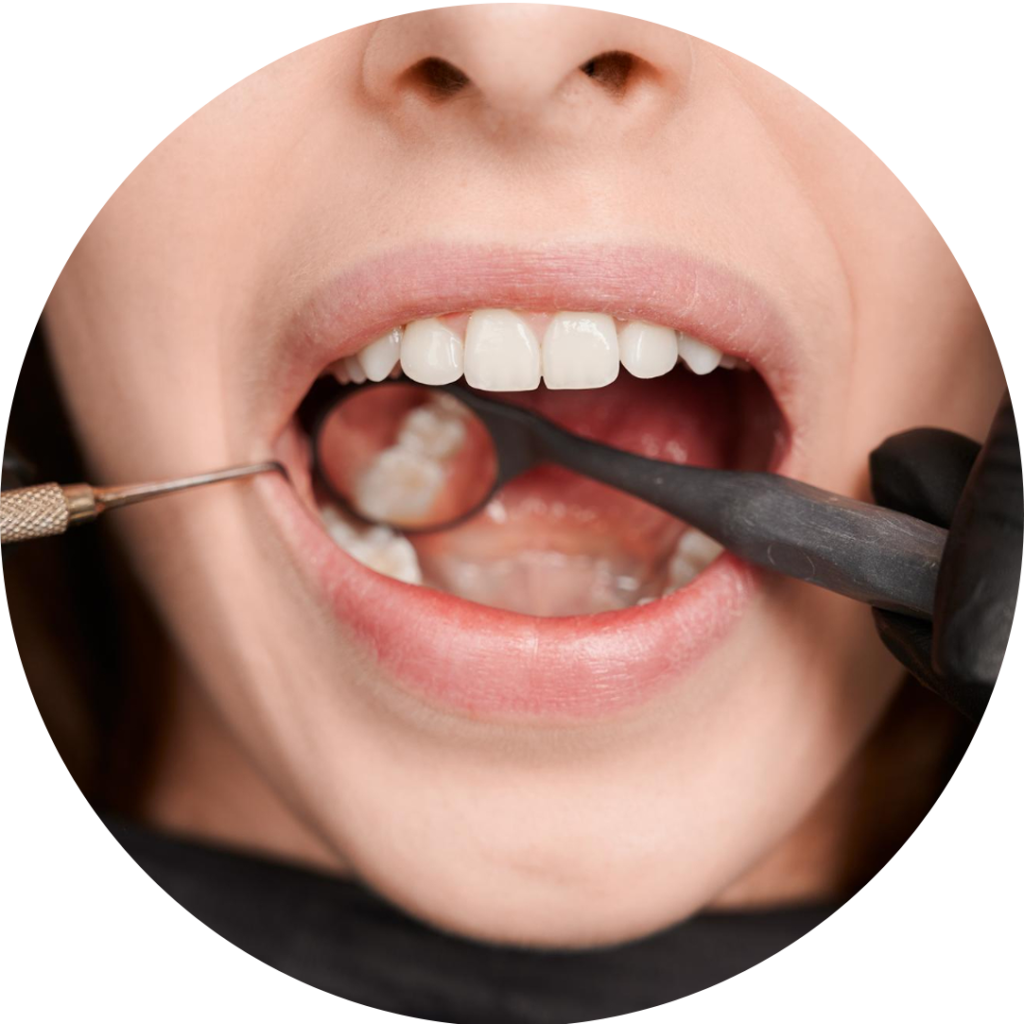
When the dentist has determined that you will need to undergo surgical emergency dental extraction, you will receive both local anesthesia and IV (intravenous) anesthesia. The latter will make you unconscious throughout the surgery.
Our certified anesthetist will monitor your vital signs throughout the dental procedure to ensure your safety.
Surgical extractions are usually more complicated than simple extractions and may require stitches. The emergency dentist will make every effort to save as much of your tooth as possible, but in some cases, the tooth may need to be removed in pieces.
There are a few risks associated with undergoing a tooth extraction; however, if your dentist recommends the procedure, the benefits likely outweigh the small chance of complications.
Usually, after a tooth extraction, a blood clot naturally forms in the socket—the hole in the bone where the tooth has been extracted. However, if the blood clot does not form or dislodge, the bone inside the socket can be exposed, referred to as a “dry socket.” If this happens, the dentist will protect the area by putting a sedative dressing over it for a few days. During this time, a new clot will form.
Other risks include:
Contact your dentist if you experience any of these symptoms.
It normally takes a few days to recover after a tooth extraction. The following steps help ensure that your recovery goes smoothly:
At South Florida Dental Center, we’re here to help. Call us at (954) 755-7971 for immediate assistance. You can find our office at:
7522 Wiles Rd Suite #104, Coral Springs, FL 33067
Your dental health is our priority, and we’re ready to provide you with the care you need, right when you need it. Don’t wait—reach out to us today!
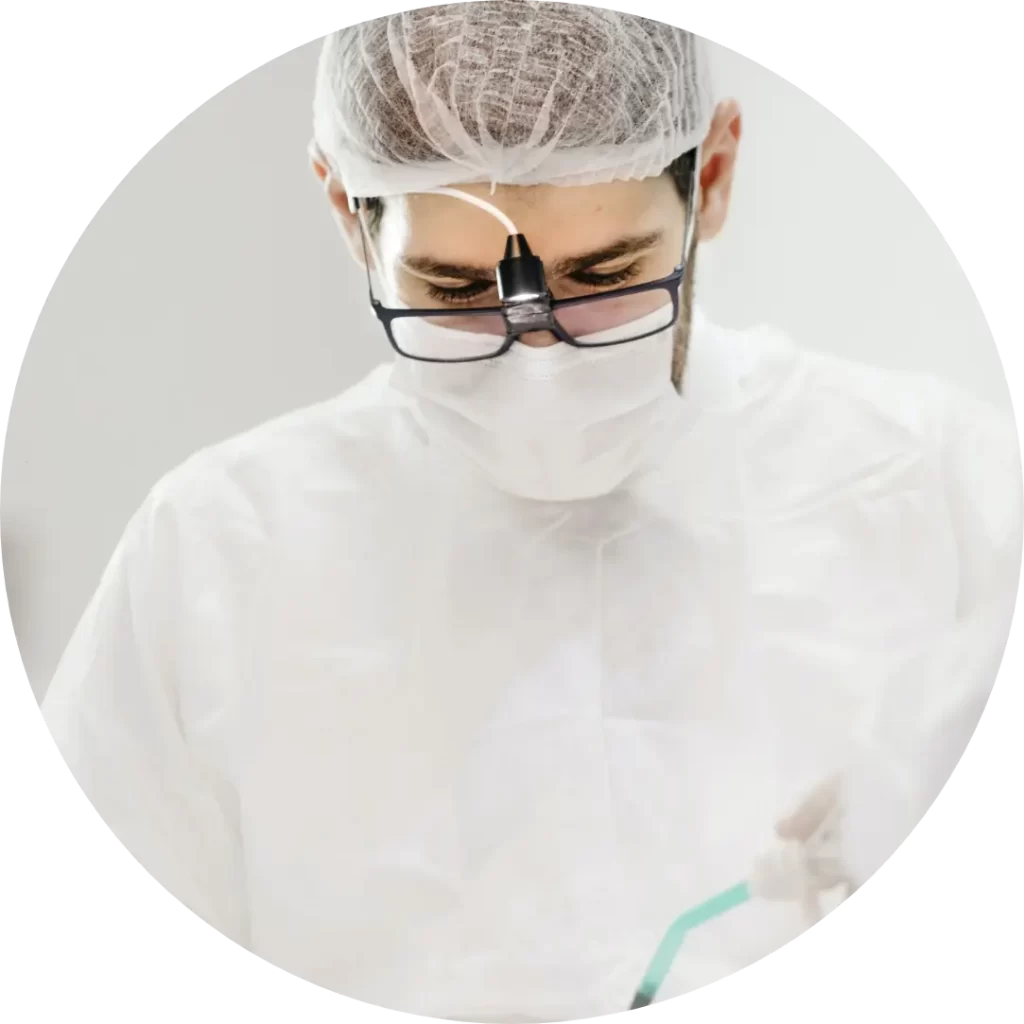

Emergency Dental Care

Coral Springs, FL 33067
We accept all major credit cards, For your convenience we also arrange in house financing, and offer payment plans with the use of Care Credit.
South Florida Dental Center is an in network participating provider for all PPO Insurance Providers. We are also accepting Aetna Discount Plan. Contact the office at 954-755-7971 to ask if your insurance is accepted.